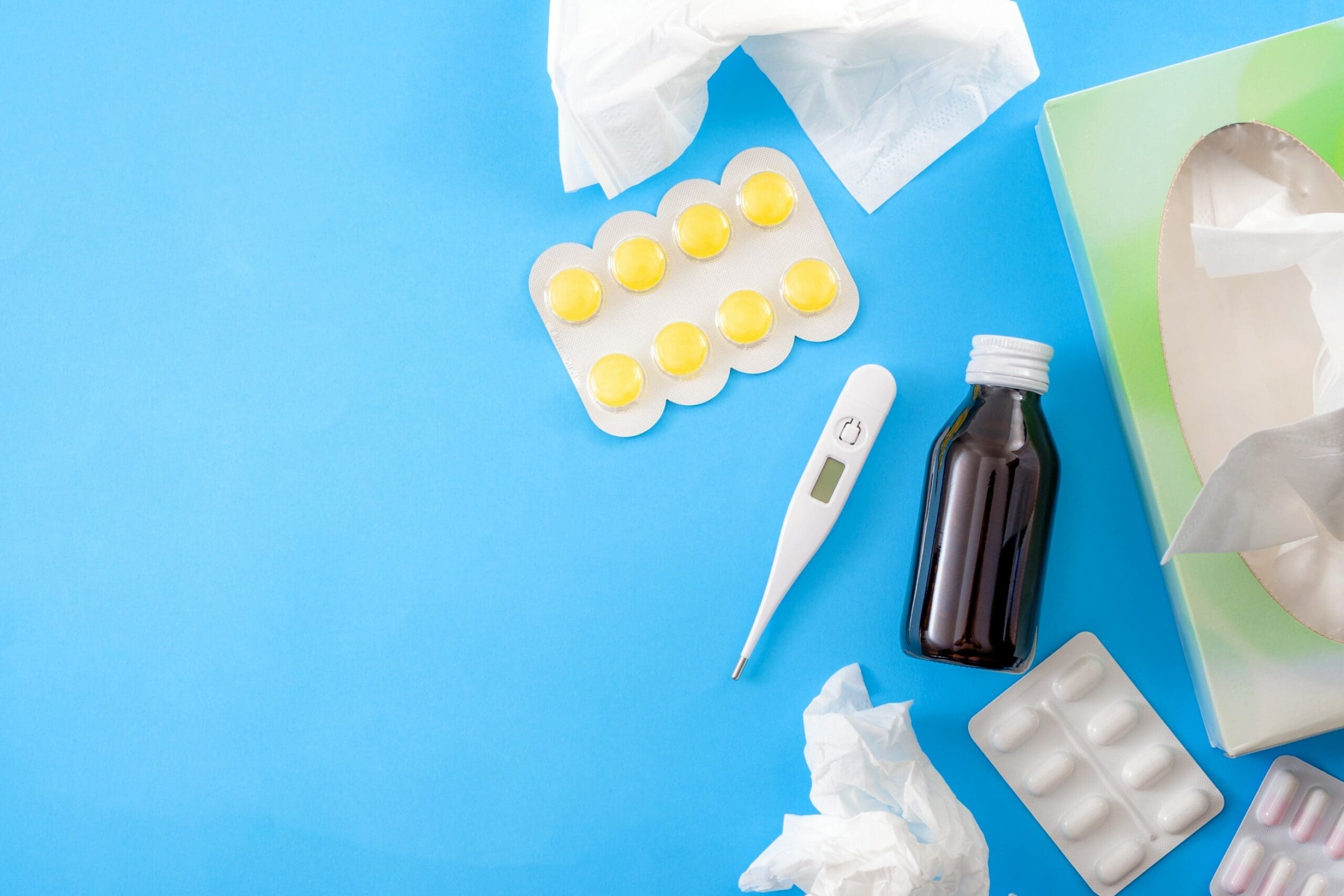Sore throats often clear up in a few days, even without treatment. The infection that causes a sore throat is usually viral, and an antibiotic is of no benefit for viral infections.
Self-help measures, such as sucking ice, can help soothe the throat, and products from your pharmacist can help reduce the inflammation and ease the pain.
Antibiotics
Most people do not need antibiotics for sore throats because most cases of sore throat are caused by viruses, which are not affected by antibiotics.
Antibiotics may be needed to treat some bacterial throat infections, such as group A streptococcal infection (strep throat). However, even among people who have a bacterial throat infection, not all will need antibiotics. Your doctor will be able to advise you as to whether antibiotics are needed.
Possible side effects of antibiotics include nausea, diarrhoea, headache and rash.
If your doctor does prescribe antibiotics, make sure you complete the whole course, even if your symptoms clear up before you have finished the antibiotics. Failure to complete a course of antibiotics can cause the infection to spread or worsen. It also can contribute to the problem of antibiotic resistance in the community, where bacteria become resistant to antibiotics.
Analgesic medicines (painkillers)
Paracetamol, when taken regularly, is useful for treating the pain of sore throat. Paracetamol can also be used to treat any associated fever. Many cold and flu medicines contain paracetamol, so check the ingredients of any medicines that you take to ensure you don’t overdose on paracetamol.
Non-steroidal anti-inflammatory drugs (NSAIDs), such as ibuprofen, are useful for treating pain and fever, but should be used with caution in people with stomach problems, indigestion and asthma because they may worsen these conditions.
Aspirin can reduce pain and fever, but it can cause stomach upsets. Also, some people with asthma are sensitive to aspirin. Aspirin should not be used in children under 16 years old, as it can cause a serious condition called Reye’s syndrome in children.
Sore throat lozenges, sprays and solutions
Sore throat lozenges, sprays and gargle solutions are available at pharmacies. These medicines may contain:
- antiseptics;
- antibacterials;
- painkillers;
- anti-inflammatory medicines; or
- local anaesthetic.
Some products contain a combination of ingredients.
Some of these medicines are not suitable for certain people (e.g. some antiseptics should not be taken by pregnant or breastfeeding women). Always check with your doctor or pharmacist before taking any of these medicines to make sure they are suitable for you and to check the side effects.
Local anaesthetic products numb your throat (and mouth), so when taking these products you should be careful not to eat or drink hot food because this may result in a burnt mouth.
Take care with sweet syrups and lozenges, particularly in children, as the sugar content may cause tooth decay. Lozenges are not recommended for children younger than 4 years due to the risk of choking.
Self-help
The following self-help measures can help relieve the pain of a sore throat:
- gargling a salt solution;
- sucking on ice cubes;
- drinking warm water with honey and lemon;
- resting your voice; and
- getting plenty of sleep.

